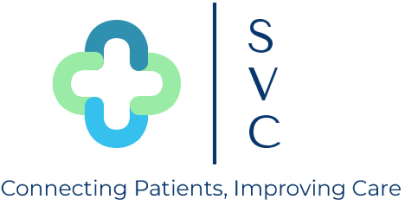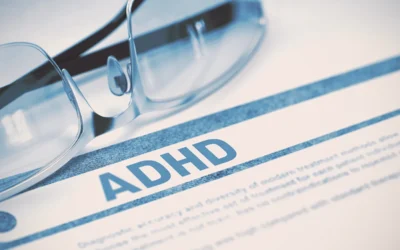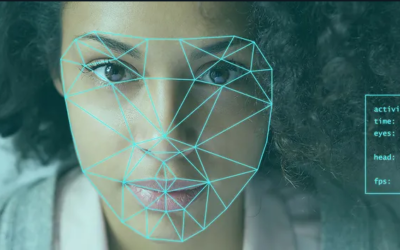What is ADHD?
Attention Deficit Hyperactivity Disorder (ADHD) is a neurodevelopmental condition affecting children and adults. It impacts focus, impulsivity, and hyperactivity levels. Early diagnosis and management improve daily functioning and quality of life.
Common Symptoms of ADHD
ADHD symptoms vary but typically fall into three categories: inattention, hyperactivity, and impulsivity.
Inattention Symptoms
- Difficulty maintaining focus on tasks or conversations.
- Frequent careless mistakes in school or work.
- Trouble organizing tasks and managing time.
- Easily distracted by external stimuli.
- Often forgets daily responsibilities.
Hyperactivity Symptoms
- Constant fidgeting or restlessness.
- Difficulty staying seated for extended periods.
- Excessive talking or interrupting others.
- A strong need for physical movement.
Impulsivity Symptoms
- Acting without thinking of consequences.
- Interrupting conversations or activities frequently.
- Difficulty waiting for turns in social situations.
What Causes ADHD?
The exact cause of ADHD remains unclear. However, multiple factors contribute to its development.
Genetic Factors
ADHD often runs in families. Studies suggest genetic inheritance plays a significant role in its occurrence.
Neurological Differences
Brain imaging studies indicate that people with ADHD have structural and functional differences in brain regions responsible for attention and impulse control.
Environmental Factors
- Exposure to toxins like lead during childhood.
- Premature birth or low birth weight.
- Maternal substance use during pregnancy.
Diagnosis and Treatment of ADHD
A comprehensive evaluation by a healthcare professional is essential for ADHD diagnosis. Early intervention significantly improves outcomes.
Diagnostic Process
- Clinical assessments and patient history.
- Behavioral questionnaires for parents and teachers.
- Psychological evaluations to rule out other conditions.
Effective Treatment Options
Treatment plans should be personalized based on individual needs.
Medication
Stimulant medications like Adderall and Ritalin are commonly prescribed. Non-stimulant alternatives also provide relief for some individuals.
Behavioral Therapy
Therapeutic interventions help individuals develop coping strategies. Cognitive-behavioral therapy (CBT) is particularly effective for managing impulsivity and emotional regulation.
Lifestyle Adjustments
- Healthy Diet: Nutrient-rich foods improve brain function and concentration.
- Regular Exercise: Physical activity helps reduce hyperactivity and enhances focus.
- Structured Routine: Consistent schedules improve task management and reduce distractions.
Managing ADHD in Daily Life
Effective ADHD management requires discipline and consistency.
For Children
- Create a structured learning environment.
- Use visual aids to support memory retention.
- Encourage physical activity to channel excess energy positively.
For Adults
- Utilize planners and reminder apps for better organization.
- Break tasks into smaller steps for increased efficiency.
- Practice mindfulness techniques to enhance focus and reduce stress.
Conclusion
ADHD is a manageable condition with the right strategies and interventions. Early diagnosis, personalized treatment, and lifestyle modifications significantly improve symptoms. Raising awareness and understanding ADHD helps those affected lead productive and fulfilling lives.



